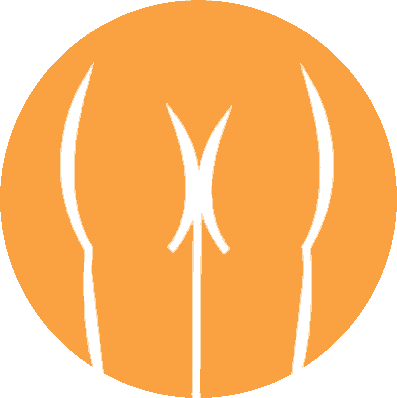

There’s gotta be a pithy way of talking about this. I propose “Phantom Funds” - money that investors and analysts expect to be there that ends up not existing when the cards are turned over.
Why yes this does largely boil down to fraud but without the legal consequences.




I was going to throw a point of order about not all fanfic being erotic, but given how they fetishize “intelligence” and “rationality” I can’t be sure that they don’t get off on that slog.